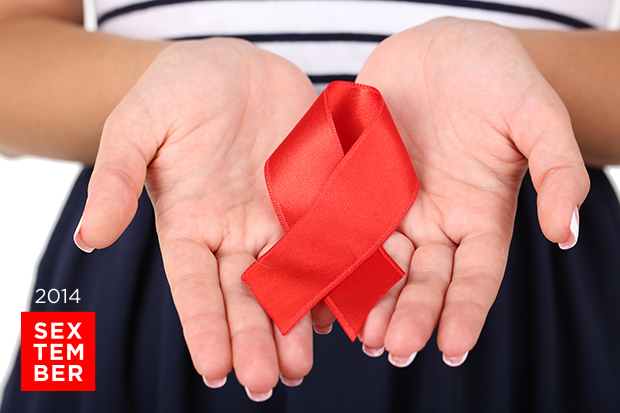It could be anyone: Campaigning to end discrimination against people with HIV/AIDS
THE issue of discrimination against people with HIV/AIDS especially in the Asia Pacific region was raised at the recent International Aids Conference held in Melbourne. The topic left Marina Solomon with plenty to think about, including how it affects students from the region studying in Australia.
“You’re HIV positive,” is not something you ever want to hear from your doctor. But here’s a finding that might surprise you – HIV is the second leading cause of death in adolescents aged 10 to 19 around the world. It affects 2100 new young people around the world every day, with 39 per cent of 15 to 24 year olds accounting for infections.
It is a major global public health issue that demands greater awareness, made all the more difficult because we’re reluctant to talk about what goes on in the bedroom, let alone safe sex practices.
Some may think that HIV only affects homosexuals, drug users and sex workers, but in reality, it could affect anybody.
In Australia alone, there are some 1200 new HIV infections each year and 26,000 people living with the disease.
In Asia-Pacific, the World Health Organisation (WHO) estimates there are around 5 million people living with HIV. A staggering 160,000 of these people are children younger than 15 years.
So what is HIV? WHO describes it as the Human Immunodeficiency Virus. HIV targets the immune system and weakens people’s observation and defence systems against infections and some types of cancer. The virus destroys and impairs the functions of immune cells and leaves people susceptible to a wide range of infections and diseases.
AIDS, or Acquired Immunodeficiency Syndrome, is the most advanced stage of HIV and can take two to 15 years to develop depending on the individual. AIDS is the development of certain cancers, infections and/or other severe clinical manifestations.
It’s uncommon for high schools, not just in Australia, but also around the world, to inform students of the various diseases and infections that come from unprotected sex. It’s also highly uncommon for it to be brought to our attention throughout our adult lives.
That’s where the International Aids Conference comes in. A gathering for people working within the fields of HIV, policy makers, people living with HIV/AIDS and individuals committed to eradicating the problem, the conference aims to exterminate HIV infections and AIDS-related deaths.
The conference, in its 20th year, was held in Melbourne in July – and on the agenda, was the issue of discrimination.
It was identified as a problem especially in the Asia Pacific, where almost all countries in the region having laws, policies and practices that hinder the AIDS response. It was highlighted at the conference that 60 per cent of people in Asia-Pacific, eligible for the antiretroviral treatment, still don’t receive it.
An outcome from the conference was the collective call for more resources to be invested into the region and increase political momentum, otherwise the ground already gained would be lost against the epidemic.
The conference runs a no tolerance campaign for discrimination against people living with HIV, and it’s a campaign worth supporting.
We need to remember that HIV could affect anyone, and from an international student standpoint, this is important, as many students are from regions that view people with HIV/AIDS in a harsh light.
While limited sexual health literacy is not unique to international students, a report published not too long ago by the Multicultural Centre for Women’s Health examining the sexual and reproductive health of female international students in Australia found international students know even less about sexual health issues such as sexually transmitted infections compared to their Australian counterparts.
Just because it may be considered culturally unacceptable for some students to have sex before marriage, it doesn’t mean students won’t find themselves in compromising situations where they will need to not only negotiate their values but also safeguard themselves against STIs including HIV.
Education will be key in helping get rid of the stigma and stopping the discrimination, and just as importantly, preventing the disease altogether through safe sex practices.

